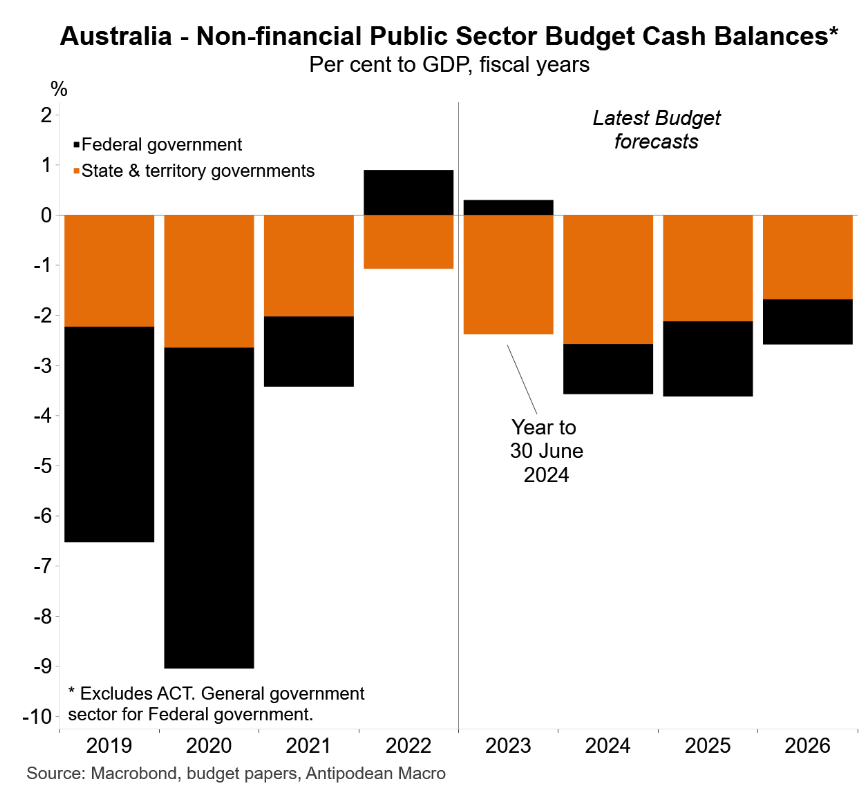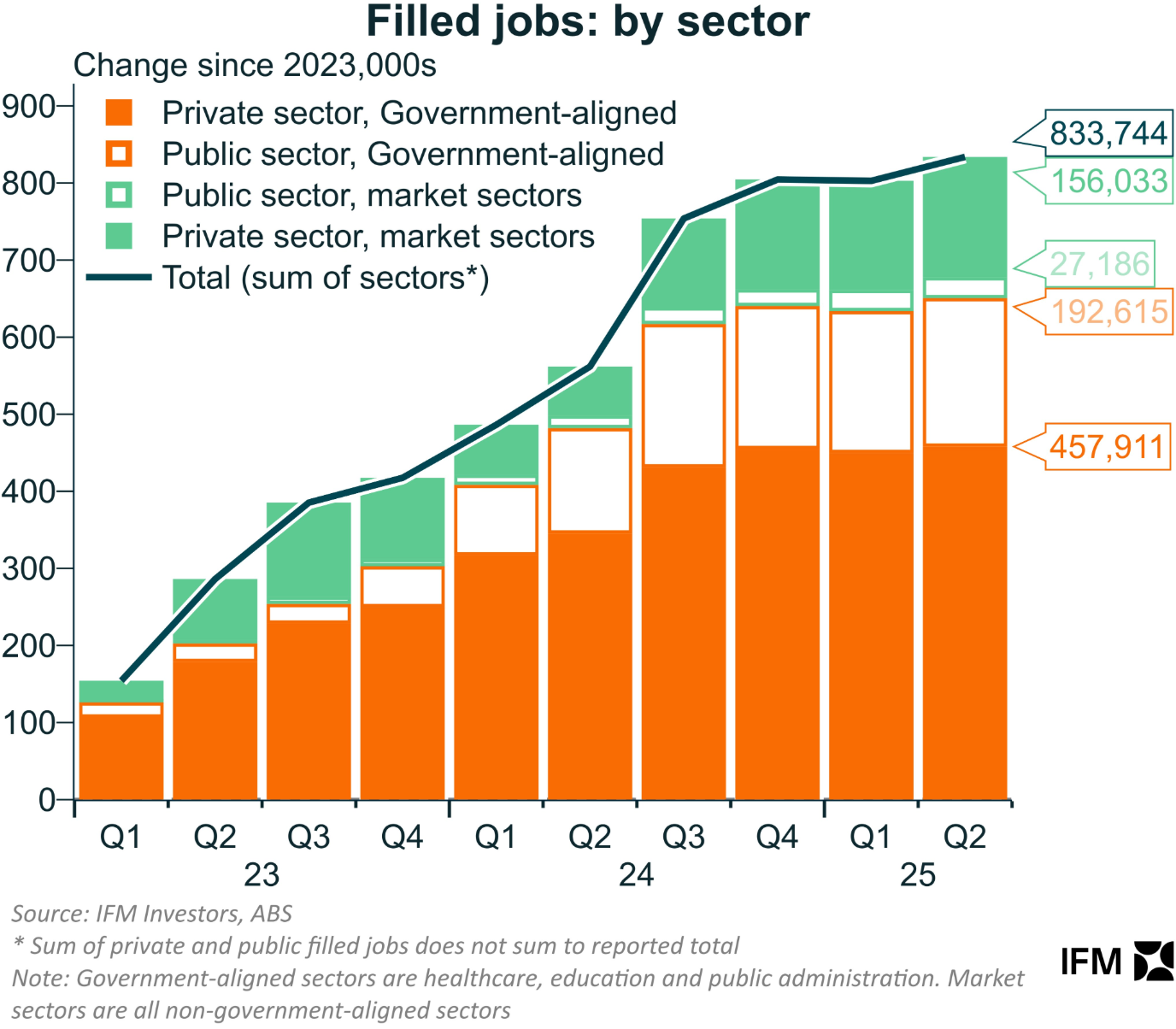Unemployment going higher unless interest rates go lower
The NAB survey out yesterday was not very encouraging.
The pent-up demand released by RBA rate cuts delivered a significant increase in consumer expenditure in the June quarter.
However, business investment stayed low, indicating that companies were not inclined to make significant investments until they see more proof of a revival in domestic demand.
Businesses are still wary in yesterday’s NAB survey
The headline business conditions index remained steady at 8, the highest level since about mid-2024. This implies that circumstances were only somewhat better than they had been in the past.

Under the bonnet, things were still soft, with the employment index falling by 2 points to 3, implying that businesses are in no hurry to expand their workforce.

Forward orders were also weak, and inventories were quite high.
I put this stuttering rebound down to two factors.
First, the new shock underway in energy prices is sapping consumer spending power and making households doubt further interest rate relief.

Second, the fiscal spigot has been tightened.

And it was very employment-centric.

With Indian Albo pumping immigration again, I am skeptical that the private sector will deliver enough jobs to soak up supply.
Unemployment is going higher unless interest rates go lower.
